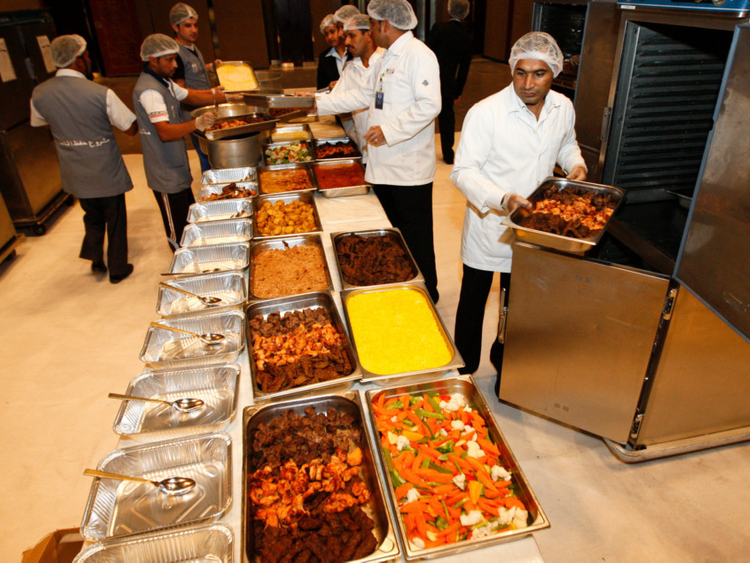Dubai: The UAE Office for Future Food Security is exploring common food practices in the UAE in the lead-up to the launch of the National Food Security Strategy in September 2018.
The strategy will enable the UAE to be one of the top most food secure countries in the world that produces its own food with less reliance on imports and maximises the UAE’s abundant resources will be released in September.
The UAE Office for Future Food Security met with representatives from leading government and international entities, as well as experts in health and nutrition.
The high profile entities included the United Nations’ Food and Agriculture Organisation (FAO), the Prime Minister’s Office, the Ministry of Health and Prevention, and the Ministry of Climate Change and Environment. The discussion covered leading food trends in the UAE, which include the high consumption rate of food supplements among the public.
Participants discussed the genetic make-up of the Gulf region, as well as the risks of consuming fast food. It was agreed there is a high level of health awareness among the UAE public, despite the vast amount of information from conflicting sources. The experts noted the increasing sizes of meals served at restaurants, in addition to the spread of diet-related illnesses, exploring ways to use Fourth-Industrial-Revolution technologies and big data in nutrition.
The UAE Office for Future Food Security asserted that food security in the UAE is closely related to the nutrition patterns of the country’s population. The lack of clear food security policies in the region, and the multitude of nationalities in the country, results in differing nutrition habits and various cuisines. These patterns must be studied and improved according to international best practices, in an effort to tailor local food security policies to meet the challenges and opportunities that face it.
Participants at the meetings agreed it is essential to draw a comprehensive genetic map for the Emirati people, to deduce the main nutrients they require. They also noted the need to create a nationwide awareness programme and harmonise policies regarding food waste.
On a similar note, various approaches to formulate a unified national prevention strategy that adheres to international standards was discussed, as well as a comprehensive nutrition-focused demographic study that covers both households and restaurants. The meeting also came out with recommendations to set up a social influencer programme to change behavioural patterns, as well as a scheme that consists of placing labels on food products to indicate their calorie content and nutritional value, and publishing nutritional guides for families.
Another recommendation includes the essential need to harmonise food-import policies and impose Value Added Tax (VAT) on less nutritious foods, while lowering prices of healthier items to encourage consumers to buy them. Additionally, participants called for raising awareness of the levels of sugar and salt in certain foods, reducing portion sizes at restaurants, and partnering with young ambassadors to promote healthy lifestyles.
Prospects of placing labels in Braille on products to help People of Determination (people with disabilities) to learn about the nutritional content and value of their foods was all discussed in the meeting. Another proposed plan consisted of dedicating one day a month to share foods in neighbourhoods, whereby a community refrigerator is placed in each neighbourhood, and unwanted food items can be placed there to be consumed by neighbours, preventing them from going to waste.







